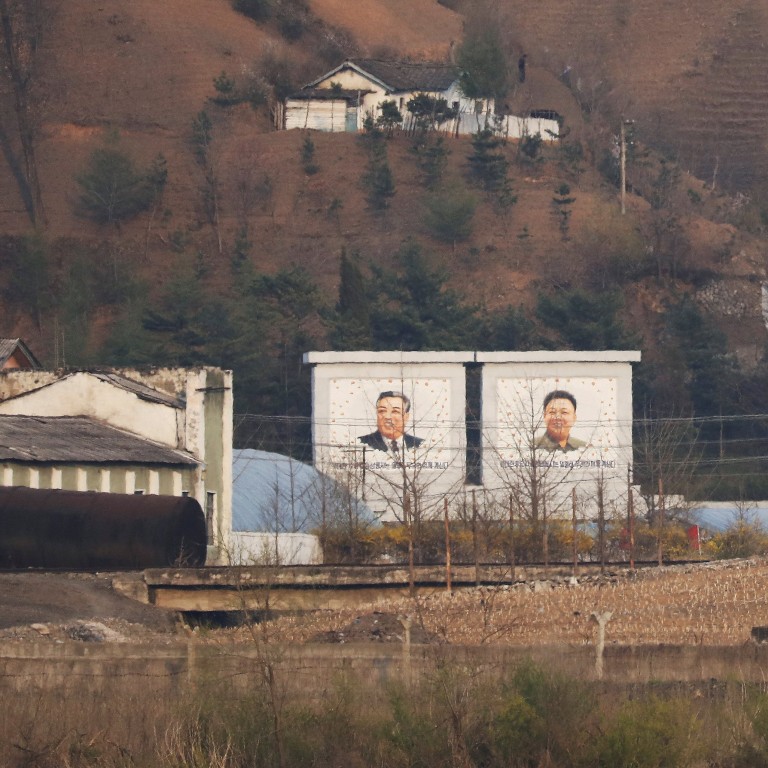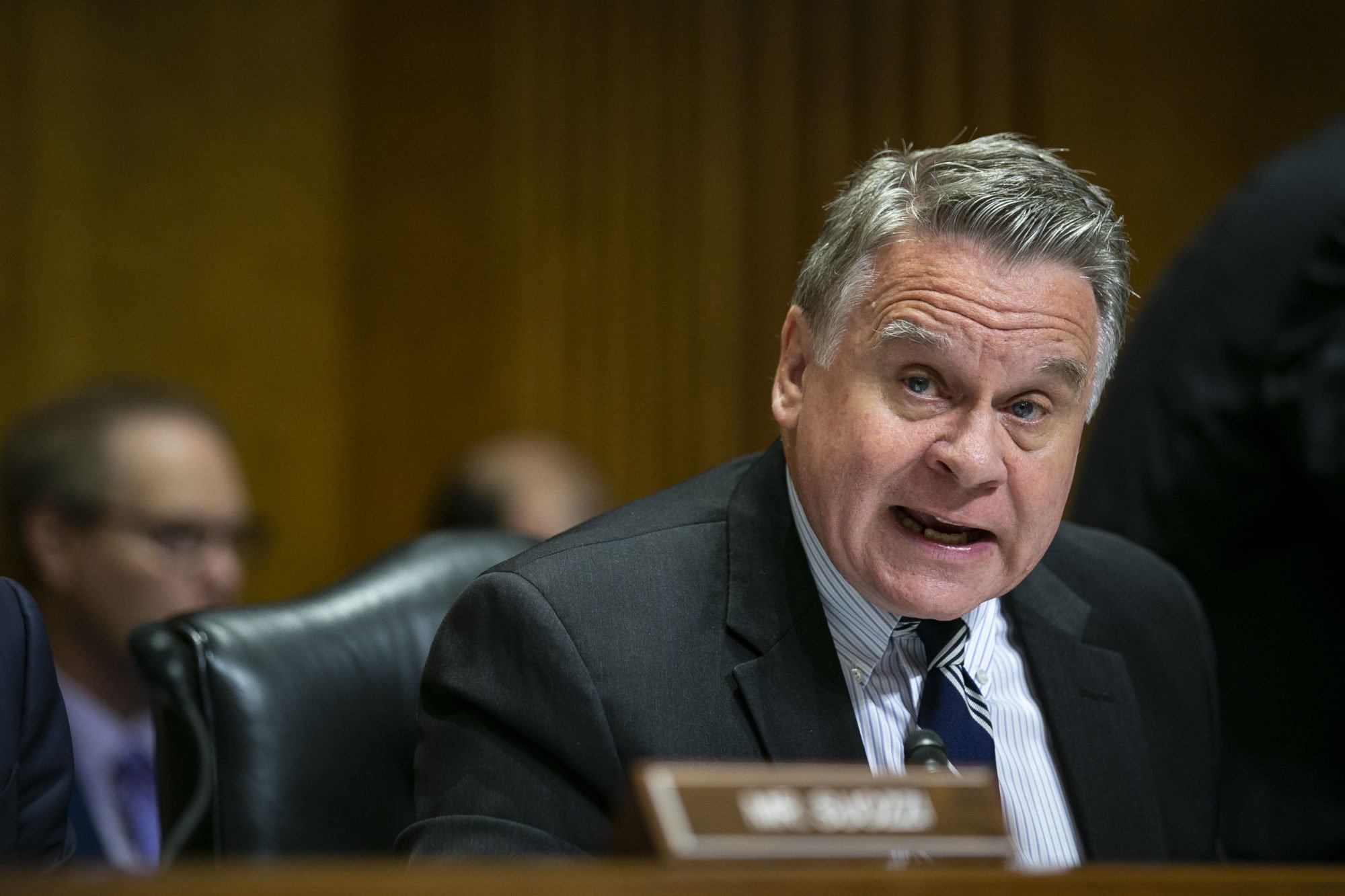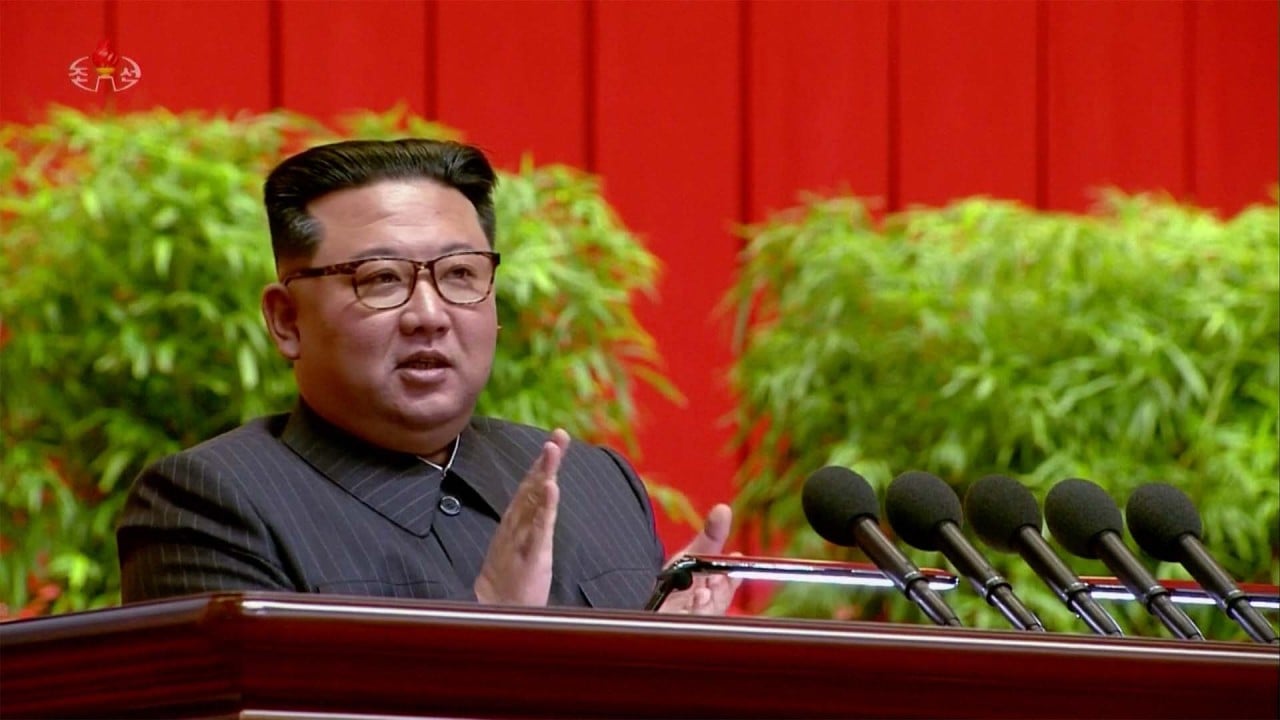
North Koreans who fled to China may be sent back to a harsh fate, US panel hears
- Up to 2,000 North Koreans were arrested after escaping to China during the coronavirus pandemic, and many are now languishing in camps near the Chinese border
- ‘We have good reason to believe that such repatriation is imminent, as North Korea reopens its border,’ says a US lawmaker. ‘I share this with deep concern.’
The abating Covid-19 pandemic could result in up to 2,000 North Koreans being sent back to their country from China to face imprisonment or worse, US lawmakers heard in testimony on Tuesday. The experts who spoke urged the international community to pressure China and the United Nations to prevent their return.
Witnesses told the Congressional-Executive Commission on China that the pandemic – along with China’s increasingly sophisticated security systems – has darkened the outlook for North Koreans fleeing their country to work, escape persecution or unite with family.
“We have good reason to believe that such repatriation is imminent, as North Korea reopens its border following extended closure in the wake of the Covid-19 pandemic,” said Representative Chris Smith, a Republican from New Jersey. “I share this with deep concern.”

Even as Pyongyang has refused to accept foreign vaccines, it has responded to the pandemic by shutting itself off from the world. That has resulted in a backlog of North Koreans arrested by China near their shared border. They are languishing as Pyongyang refuses to take them back, witnesses said, fearful they will import the disease.
China, which considers fleeing North Koreans to be economic migrants rather than refugees, would like to send them back but has met with a refusal from Pyongyang, witnesses said. Most are kept in six known Chinese detention camps near the border, which satellite images suggest have been expanded, said Hanna Song, a director with the Seoul-based Database Center for North Korean Human Rights.
The commission, created in 2000 to advise Congress on human rights and rule of law issues in China, is comprised of nine senators, nine members of the House of Representatives and five senior administration officials appointed by the president.
North Korea’s lockdown and the growing difficulty of escaping through China have also affected the number of refugees able to make it to South Korea, experts said.
China and North Korea reopen rail link after 2-year coronavirus closure
Over the past two decades, some 34,000 fleeing North Koreans have reached South Korea, most after crossing the border into China, testified Robert R. King, a former US State Department envoy for North Korean human rights issues. The peak year was 2011 when 2,700 North Koreans made it to China, but that figure fell to just 67 last year.
King said he has met in his official and unofficial capacities with Chinese, North Korean and UN officials, urging Beijing to let North Koreans move to third countries rather than returning them to Pyongyang, which considers those who depart traitors.
“I was singularly unsuccessful,” he told the commission. “We need to continue the effort to press the Chinese because these people are being denied their free choice of where they want to go.”
The Chinese embassy in Washington said China has handled issues related to North Koreans in accordance with Chinese and international law and “principle of humanitarianism”.
“This so-called committee, biased against China, is distorting facts and making irresponsible remarks and accusations,” said embassy spokesman Liu Pengyu. “Its rhetoric is full of ignorance and prejudice. We urge the US Congress and relevant parties to reflect on their own problems.”
Many of those fleeing North Korea are facing ever longer odds, witnesses said.
The cost of brokers helping North Koreans escape has risen precipitously as risks have mounted. In the early 2000s, the fee was US$1,500, Hanna said, a figure that is now nearly US$40,000.
China’s growing use of Alipay, WeChat Pay and other digital currencies, facial recognition software in railway stations and other technologies are also making it more difficult for North Koreans to elude Chinese security, witnesses said.
Witnesses urged Washington, Seoul and especially the UN to step up pressure on China and North Korea. But they said things appeared to be moving in the wrong direction given that North Korea was recently elected to the executive board of the World Health Organization and in June 2022 assumed the presidency of a UN disarmament conference.
“If we don’t take real actions today, I assure you I could be invited back to a congressional hearing in 2033,” said Lee Jung-hoon, international affairs dean at Yonsei University and a former South Korean ambassador-at-large. “And we will be echoing the same old rhetoric.”


